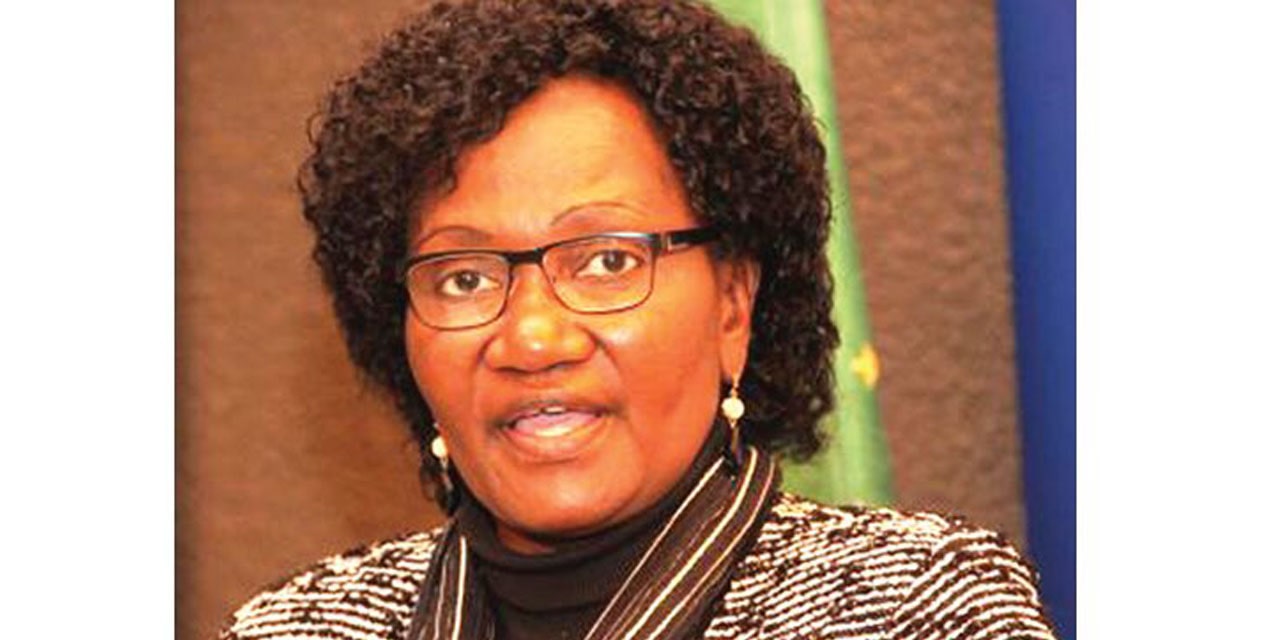Martin Endjala
The Namibia University Science and Technology have launched a SASSCAL Graduate Studies Program in Integrated Water Resources Management that will do research to ensure the availability of quality and quantity water in Namibia and the SADC region at large.
The launch of the programme took place today at the NUST-Tech Plaza building in Windhoek, which was accompanied by a handover ceremony of scholarships to 15 beneficiaries across Namibia and other SADC countries.
The program initiative received three million euros funding from the federal Ministry of Education and Research (BMBF) Germany government, which was represented by Svenja Kruse, who highlighted that the course is intended to ensure data management, capacity building and for research field reporting.
Kruse said regional problems require regional solutions and complimented NUST on its achievement to embark on a very noble program course.
The program will capacitate students with knowledge-based water management skills and research
findings to better assist the already challenged water scarcity in the country and the SADC region.
The Southern African Science Service Center for Climate Change and Adaptive Land Management
(SASSCAL) board member of Namibia, Sophia Kasheeta, emphasized that only 62 percent of the SADC region has access to drinking water while, only one percent has access to adequate sanitation.
She pointed out that these are staggering stats, hence the infrastructural deficit and the variability of irregular rainfall patterns are a course for concern. “We will ensure that the program’s initiatives are carried out as it is intended to do”, Kasheeta said.
In a statement read on her behalf the Minister of Higher Education, Innovation, Science and Technology (MHEST) Itah Kandjii-Murangi said that the program will open Namibia’s horizons to the rest of the world, in partnership with its SADC partners.
Murangi emphasized that the number SDG models focus on poverty eradication, education
capacitation in the water sector and serves as a catalyst to attaining these goals.
The minister stressed that the research conducted by the scholars, will enable governments on how to deal with water crisis in the region, saying that efforts are required by the researchers to ensure that they deliver.
The Academic and Scientific Advisory Committee Chair, Anna Matros-Goreses of NUST urged the
students to take the program serious, while reminding them of the promise, which they have pledged upon accepting the scholarship. “When we are calling on you to deliver, it is your duty to ensure that you do so, because we will hold you accountable,’’ Goreses pointed out.
The course is a three-year Doctoral program that is embedded in SASSCAL’s long term objective of
building regional thematic Centres of Excellence within academic institutions across its member states.




